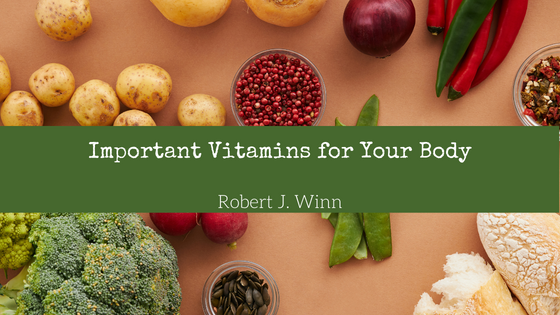Mineral and vitamin supplements play a vital role in our body’s growth and development. They help us absorb nutrients and keep our organs functioning properly. Most of us get the vitamins and minerals that we need in our daily diet, but different types of food can provide them.
Vitamin A
Beta-carotene, also known as vitamin A, helps keep the organs of our bodies working properly, including our lungs, heart, liver, and eyes.
Some food sources of vitamin A that you can include in your diet are salmon, beef liver, broccoli, squash, carrots, and green leafy vegetables.
Vitamin B
Eight essential vitamins are known to be considered when providing the proper amount of nutrients to our bodies. These include B1 (thiamin), 2 (riboflavin), 3 (niacin), 4 (pantothenic acid), and 5 (pyridoxine).
People over the age of 65, those who have undergone gastrointestinal surgery, or those who abuse alcohol may require additional B vitamins. Pregnant women, as well as nursing mothers and those planning on becoming pregnant, may need to supplement their B12 with folic acid, which has been shown to help prevent congenital disabilities. People who are vegetarian or vegan may also require additional B12.
Vitamin C
C, also known as ascorbic acid, is an antioxidant that can help strengthen the immune system and prevent free radicals from damaging our cells. It can also help heal wounds by producing collagen.
In order to repair the damage that free radicals can do to our cells, we need more vitamin C. That’s why people who smoke regularly must consume more vitamin C.
Vitamin D
Getting enough vitamin D can help strengthen our bones by allowing our bodies to absorb calcium. It can also help our immune system function properly.
People who avoid the sun and use sunscreen are also advised to take supplements. Individuals with a malabsorption condition, such as celiac disease or Crohn’s disease, may require additional nutrients due to their bodies inability to absorb certain nutrients properly.
Vitamin E
It can boost our immune system, prevent blood clots, and protect our cells from free radicals.
You can get vitamin E from food sources such as sunflower, wheatgerm, and safflower oil, as well as spinach, butternut squash, almonds, and peanuts.
Iron
Red blood cells are made up of proteins that bond with oxygen to produce hemoglobin, which helps carry oxygen throughout the body. Individuals who are vegetarians or vegans need to consume more iron than those who eat animal products due to how the body can’t get enough of the nutrient in plant-based food. Individuals who are iron-deficiency anemia or pregnant women may also require supplements.
Magnesium
One of the most critical factors that our bodies consider when it comes to regulating various processes is magnesium, which plays a vital role in the functioning of over 300 enzymes. Individuals with diabetes and older adults may also require supplements.

